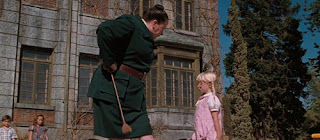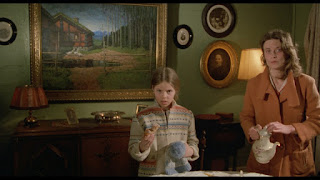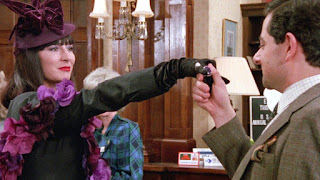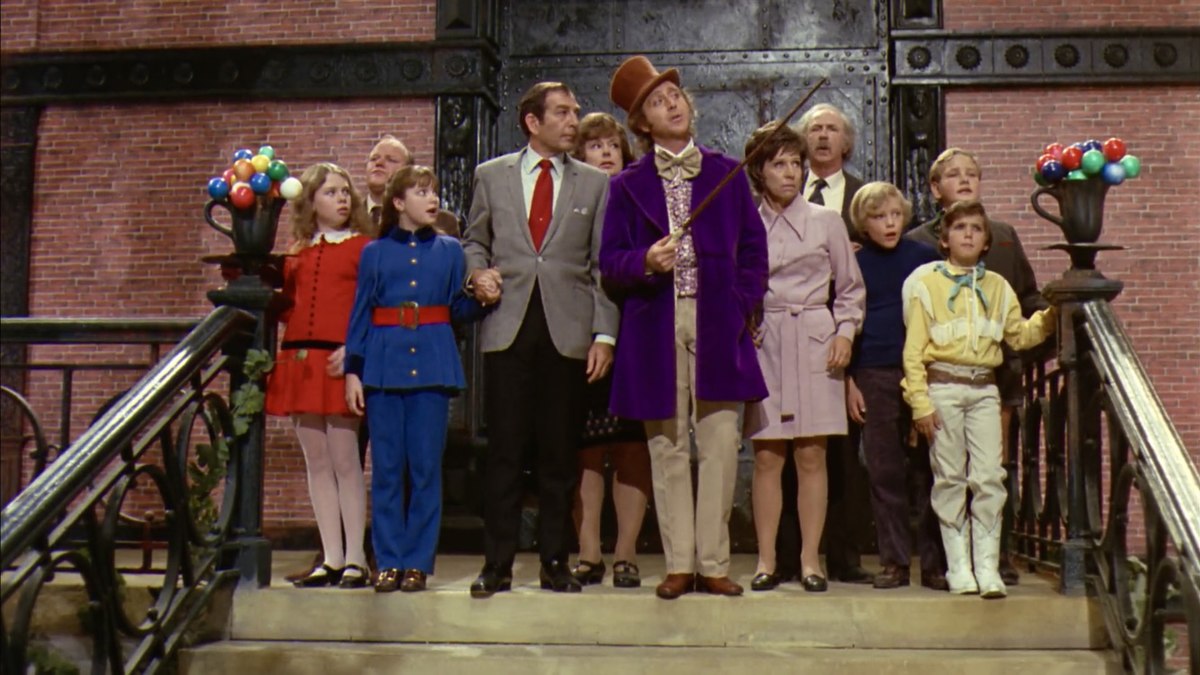This one is full of firsts for me. For one thing, this is the first Wes Anderson film that I’ve seen in its entirety, the first stop-motion animated movie that I’ll be talking about. Wes Anderson films are an acquired taste, and I’ll explain what I mean in a moment. I picked this one to wrap up my look into Roald Dahl’s works because of how unique it is as an animated movie. While it’s rated PG, the main movie is mostly for adults. Just typing this is strange, but let’s get to it.
1. Wes Anderson
This is now the third time I talked about a director hailing from the Lone Star State. Three years ago, I talked about Richard Linklater’s Dazed and Confused. This year I dedicated a month of Robert Rodriguez and now to Wes Anderson. Both him and Rodriguez hailed from UT Austin’s Film School. To describe his work is something like this. When you watch any of his films post 2004, it has that flatness to it.
Just looking at any stills of this movie is indicative of how most of his movies look like. For one thing, it reminds me of looking at a play since the stage is flat and just seeing it in a projected screen feels intentional. Quirky is the one word that is probably the most associated when any discussion is about him. It’s unorthodox since we’re so used to having dialogue being shoulder to shoulder and how the characters use the set instead of being planted in the middle of it with the camera pointing directly at them.
This is also his first stop motion film. I’m surprised that then 20th Century Fox was more than willing to be the main distributor. Honestly, it belongs in the big-indie Fox Searchlight Pictures line more than anything since they’re more director driven. Aside from that, Anderson has made a name for his style that has its dedicated fan base. It’s extremely niche but he manages to make movies that are greatly well received.
2. Mr. Fox’s Midlife Crisis
As I mentioned before, this is the most adult-oriented PG movie that I’ve seen so far. We follow Mr. Fox and his family living in their home. Mr. Fox wants to relive his exploits of being a thief. He does so by stealing neighboring human farmers animals and cider. Unbeknownst to him, the trio are aware of his exploits and plotting to get rid of all the animals.
Mr. Fox is an interesting character, among all the main characters that I talked about this month. He’s a fox but acts like a domesticated person. We see in his perspective that he wants to help his family advance by finding a new home but go through the means of acting like a scavenger to provide food. It’s that kind of problem that represents what the film is about.
Survival is the main theme I believe for the whole movie. Mr. Fox does things that he never thinks for a moment will blow back in his community. He does steal things to fulfill his life he thinks is missing. When really, it’s his own family that is the thing that’s filling the gap. It’s the balance between doing something logically and doing something that is within his nature that is affecting him.
One scene in particular drive that point home. We see Fox talk about a wolf and how he’s afraid of him. After completing the final hurdle to get back against the farmer, Fox and his family see the Wolf in the countryside. Fox tries to communicate with it, but only raising a fist as the Wolf repeats what he did. This scene is indicative of how Mr. Fox is able to understand his wild side which makes him act like he has a crisis in his life. It puts things into perspective where both animals are indeed wild and only acting by means of survival.
3. Overall
Fantastic Mr. Fox is one of those unorthodox, animated films that any adult can gravitate to. It uses animation’s trope of talking animals in a profound way that is enjoyable.













































